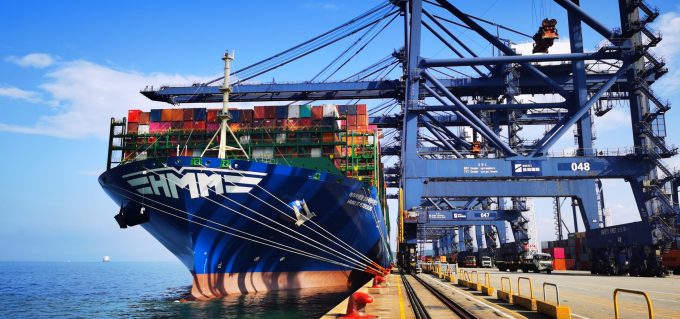Political fallout may delay Panama Ports Co sale to BlackRock-TiL
Tomorrow’s deadline for CK Hutchison to sell its 90% stake in Panama Ports Company (PPC) ...

A consortium of South Korean poultry processor Harim Group and private equity firm JKL Partners was today chosen as the preferred bidder for the country’s flagship container carrier, HMM.
The consortium pipped its only competitor, fishing and logistics chaebol Dongwon Group, to the post – they were the only ones who had submitted bids by 23 November.
Formerly known as Hyundai Merchant Marine and originally part of Hyundai Group, HMM was battered by the 2008 global financial crisis and then the prolonged ...
Amazon pushes into LTL for small package fulfilment and UPS does a u-turn
New senior management for DSV as it readies for DB Schenker takeover
Volumes set to 'fall off a cliff' as US firms hit the brakes on sourcing and bookings
Asian exporters scramble for ships and boxes to beat 90-day tariff pause
Temporary tariff relief brings on early transpacific peak season
'Tariff madness' will prompt renegotiation of ocean shipping contracts
Forwarders 'allowing the fox into the chicken run' by supporting 'hungry' carriers
Response to tariffs by Chinese importers may see extra costs for US shippers

Comment on this article